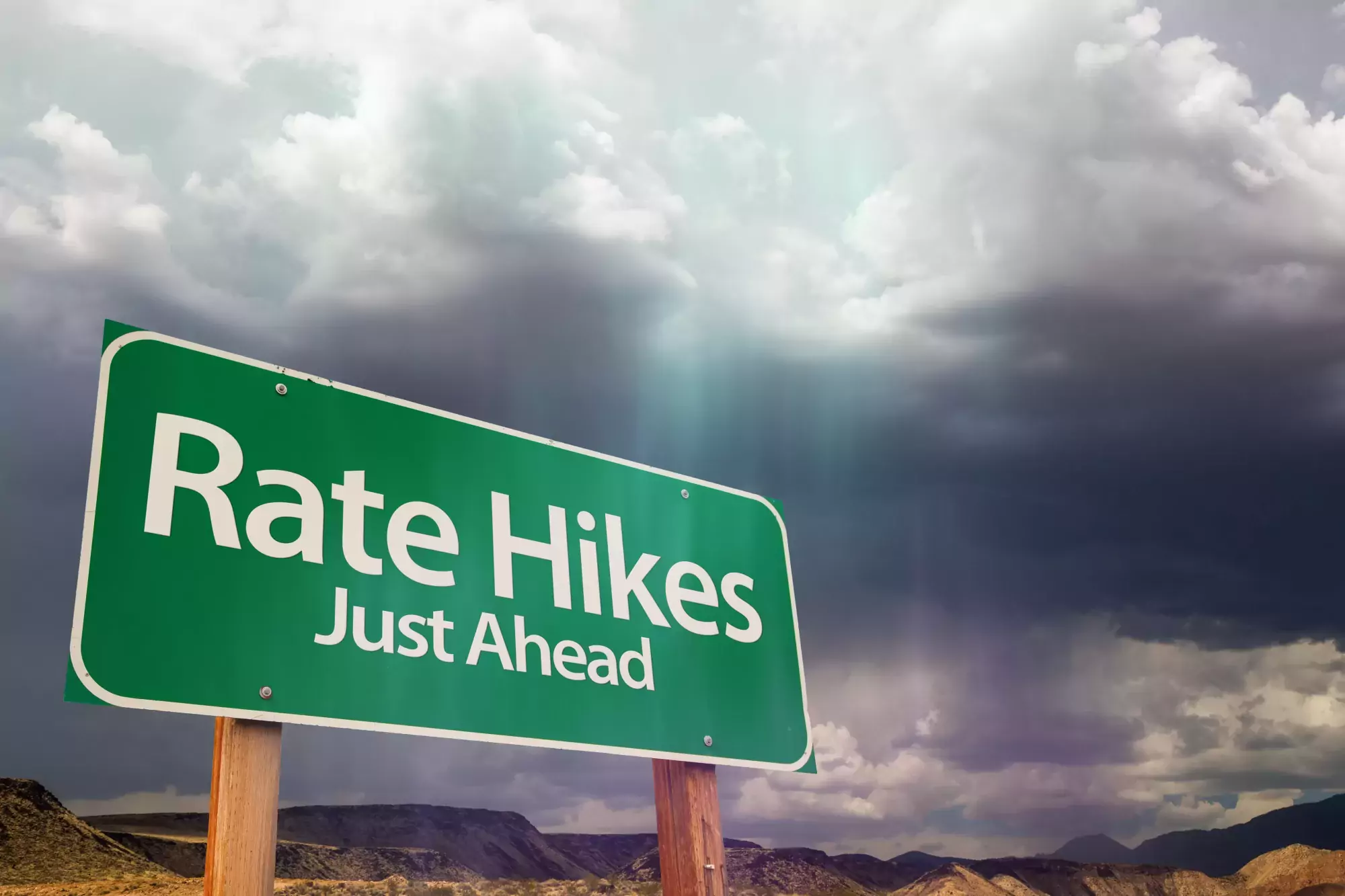Advertisement
The South African Reserve Bank recently hiked rates by 25 basis points which brought the repurchase rate up to 7.25%. It means the prime lending rate now stands at 10.75%. So, what does this rate hike, as well as any potential others that may occur this year mean for your household? More importantly, how can you manage the strain of rising rates on your pocket?
Debt will be more expensive
A hike in interest rates is good news for those who receive income from cash savings instruments. However, it’s not such good news for those who are servicing lots of debt. Any money made from cash interest could be nullified by an increase in the interest you pay on your home loan, credit cards, and other types of loans, such as car financing where there is a shorter time horizon to pay back the loan (which can make it more expensive).
How to cope with rate rises
Rate rises are never good news for those who owe money to the bank. Most people owe financial institutions some money one way or another and generally, most will feel the pinch when rate rises are announced.
If you’re struggling to cope now that January’s rate rise has been applied, you should follow these tips:
- Keep track of your spending. Cut back on treats like takeaways and buying lunch when you’re at work. Cutting back, even just a little could make a big difference to your budget. Use technology to keep track of your spending. FNB, for instance, has a handy ‘Track your Spend’ feature on the FNB App. You can alternatively use apps like Spend Tracker, Wallet, iSaveMoney and 22Seven.
- Curb your grocery spend. Food prices have gone up astronomically. Keep your grocery expenses low by buying non-perishables as much as possible. Try to shop online and get your food delivered so you don’t feel pressured by in-store marketing gimmicks and save money on petrol. Also constantly evaluate where you shop as what was cheapest last year may not be cheaper this year. Food Lover’s has recently been ranked as the cheapest according to data from Outlierafrica.
- Find ways to free up cash. Do you belong to rewards programmes that give you money back and other forms of tokens you can use to spend and get discounts? If so, make use of them.
- Create an emergency fund. According to the New York Times workers are being enticed by a new job benefit: help with saving for unexpected expenses. It’s a clever perk that’s set to be quite appealing. After all, many have felt the financial stress from the pandemic and now the cost-of-living crisis. The paper said companies like Starbucks are now offering this benefit. It’s not clear if South African businesses are set to follow suit with this type of scheme, but until they do you’ll have to be the sole source of your own emergency savings. ‘Putting money away is hard, but even small amounts add up over time. The last few years have shown us how important it is to be crisis ready,’ says Gladness Rupare, an investment specialist at Allan Gray.




